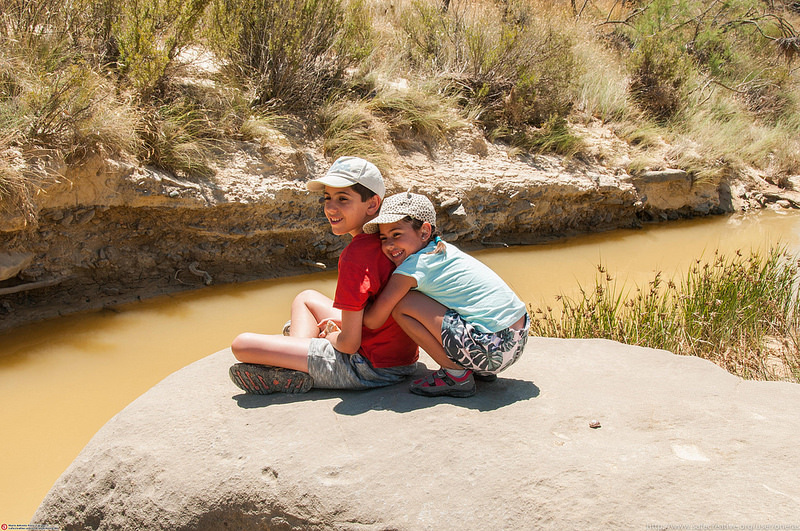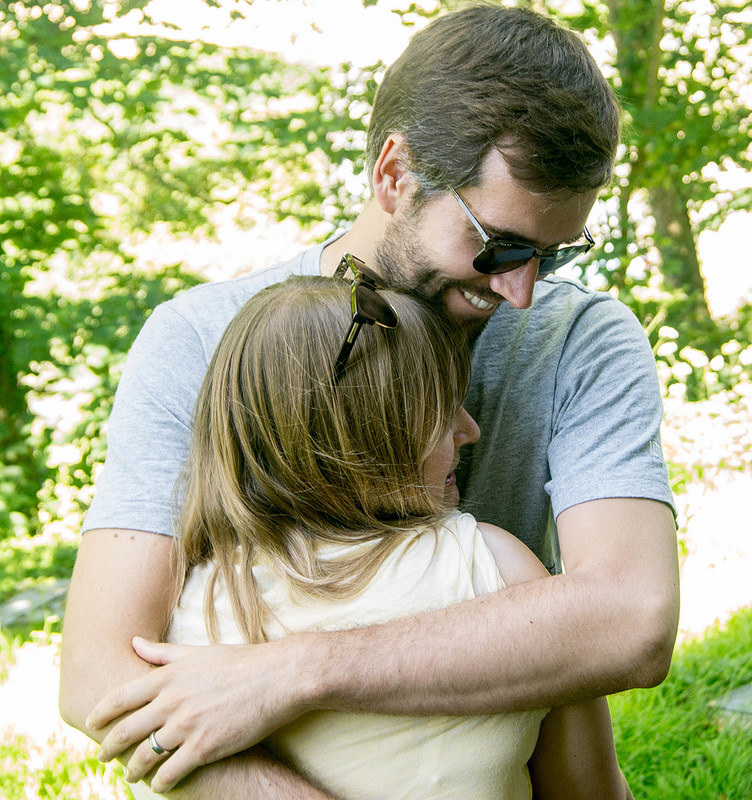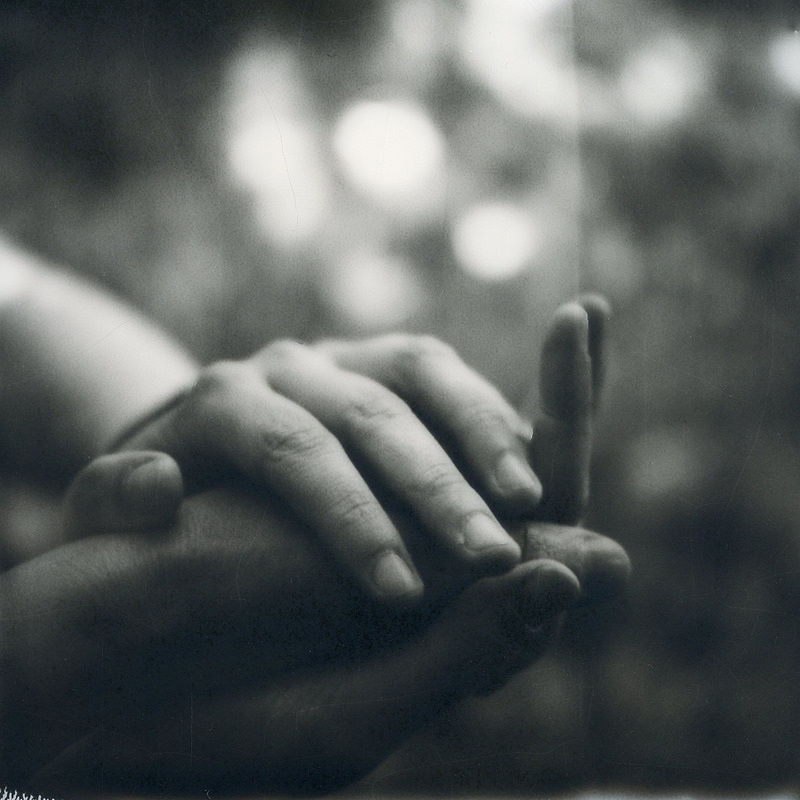
By May Bleeker
When you have high self esteem you choose things
that support and enhance your life,
and try to minimize things that ultimately
harm you or degrade your well-being.
The way you take care of yourself
reflects the way that you value yourself.
The simple act of choosing the things
that support your health and well being is
an expression of your self esteem.
I think of these things as self esteem basics.
For everyday health and well-being
you need the following:
Fresh Air
Your body needs deep, regular breathing of fresh air.
Exercise helps for this!
Stress causes a tightening of the diaphragm and shallower breathes.
For good health both physically, mentally and emotionally
you need to be able to breathe deeply.
To have the capacity to expand and grow and use your creativity,
you need oxygen to the brain!
Lack of exercise is one way of starving yourself of a good dose of fresh air.
But so is tension.
Look beyond the obvious to where
you might be crimping your breathing style.
Since air is necessary for life,
its a self esteem basic.
Pure Water
Your body doesn't appreciate droughts and floods any more than plants do.
A regular, steady supply of fresh, clean water is what it needs.
So its better to sip water throughout the day
rather than drinking nothing for hours and then gulping down large amounts all in one go.
Drink the best water you can.
Preferably filtered.
Or even boiled, cooled and filtered.
Preferably also not water that was stored for ages in a plastic bottle.
Some people believe that water holds information, a
nd can be 'programmed' in effect.
Dr Mesaru Emoto did several experiments
that appeared to show that prayers, kind words, music and other factors
could affect water
(as seen in changes in the symmetry
and shape of frozen water crystals made from this water).
And since it has been found that prayer is not wishful thinking
(it has a provable, if currently inexplicable effect),
and music influences our health,
I feel it can do no harm to think kind thoughts towards water.
If you send your loving thoughts out into the oceans, rivers,
aqueducts and streams,
perhaps the effect of these words will return to you in unexpected ways :)
I love the idea of being rained on by blessings from around the world.
We cannot survive without water,
so its a self esteem basic.
Sunlight
I love the feel of the sun on my head.
When I was a kid one of my favorite things to do
was sit on this green fold up mattress
that transmogrified into a big squishy chair,
book in hand,
with the afternoon sun slanting in through the window.
It would press on my head as it if had weight
and this made me feel happy.
As an adult I work indoors most of the time.
Even when its a great day out I sometimes 'forget' to go out there.
At least 15 minutes of sunlight on your skin and closed eyelids
is needed every day to ensure your body makes enough Vitamin D.
Even on a cloudy day you can stand outside
and let the light fall on your closed eyelids.
People who don't get enough sunlight develop a condition
called SAD (Seasonal Affective Disorder).
They feel down and depressed and lose interest in life,
but its caused by what a lack of sunlight does to your body.
Since your body and mind are one -
what happens to your body affects the whole of you, and vice versa.
Adequate amounts of vitamin D
are only produced in the skin
after 10 - 15 minutes of sun exposure,
at least two times per week
(with skin unprotected by sunscreen).
In very smoggy cities or latitudes close to the poles
more exposure may be needed to get what you need.
Of course you don't want to overdo it either,
but its a good idea to feel the sun on your eyelids at least once a day.
The sun shares its energy to give life to everything on this planet.
Its a self esteem basic.
Good, Regular Nutrition.
As I said above - what happens to your body affects you as a whole.
If you want to make a change in your life you can start
with ideas, feelings and beliefs,
or you can start with the body -
each affects the other.
Just as your body needs a steady supply of water,
it also needs a regular, steady supply of nutrients.
Missed meals, sugar-rich snacks or junk food might fill the gap,
but don't supply what your body needs.
When you fill up on empty calories
your body stays 'hungry' for the vitamins and minerals it needs
A small amount of something healthy every meal is better than a few days of junk food,
followed by a few days of super healthy eating.
It took years to discover what my body needs to feel healthy.
I found not only physical health benefits and losing weight,
but also mental health benefits.
I had no idea eating sugar
could cause me such mood swings!
Now that I know what isn't food for me
even the supermarket aisles look different.
I can see lines and lines of 'stuff' that just isn't food (for me).
Learning to distinguish what is and isn't food for your body
is a powerful way to look after your mental state
as well as your physical well being.
Its a self esteem basic.
Sleep
Your body is part of nature and it likes rhythm.
Part of that rhythm is your sleep and awake states.
Like day and night.
For optimal wakefulness, you need periods of rest.
In sleep deprivation experiments people developed
hallucinations, delirium and dementia-like confusion
when severely sleep-starved.
To be healthy, you need sleep.
Find a sleep pattern that works for you
and protect it from outside demands.
Allow yourself a good daily dose of this
self esteem basic.
Deep Rest
Aside from sleeping,
there is a way to find even a deeper level of rest.
Deep rest is what you find in meditation
or activities that allow you to feel connected and internally alert,
but still.
Some people experience it while
practicing yoga, tai chi, qi gong or
other physical activities that have a spiritual focus.
Others report getting into 'the zone'
while painting or drawing, or during sports like surfing,
base-jumping, extreme skiing, or even golf,
where the attention becomes focused into one point
and actions feel clear, simple and natural in how they unfold.
Whatever method you choose, this type of 'rest' is different
to what is achieved through a good night's sleep.
It rejuvenates you in a special way that gives you extra resources
needed for personal growth and creativity.
While some people get by without it,
others experience the very real benefits that deep rest provides.
Like all the others it is optional,
this is a self esteem basic.
Relationships
We all need to feel connected and loved.
We want to feel seen, heard, and acknowledged.
Relationships are important, even the one's that feel difficult
(don't they all sometimes feel difficult?).
We see ourselves through the mirrors that others present to us.
We learn about ourselves, through interacting with others.
What we see in others, we reinforce in ourselves.
- A Course In Miracles
People who have a strong relationship base,
whether through family or friends, church or social groups,
fair better when faced with the difficulties of life.
When we feel lonely and disconnected, our health suffers too.
Nurture the relationships you have
(even the crappy one's - how can you make them better?
What can you see in the other person, that is positive?).
Be willing to take a risk to make new friends,
but also to keep old one's close.
Its a self esteem basic.







 RSS Feed
RSS Feed
